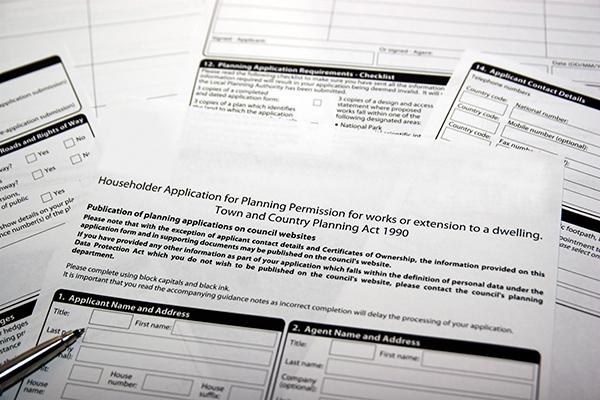You are viewing 1 of your 1 free articles
There are significant gaps in Theresa May’s thinking
The planning and housing reforms announced by Theresa May this week appear positive, but social rented housing barely rated a mention, says Martin Hilditch
There was much to be welcomed in this week’s planning announcements from the government – but also some notable gaps in its thinking when it comes to tackling the housing crisis.
Under the banner ‘Making housing fairer’, prime minister Theresa May attempted to grab hold of the narrative on housing and demonstrate that she has some ambitious solutions.
One of the most eye-catching suggestions, of course, is that the government could move to a nationally set “non-negotiable” requirement for affordable housing contributions.
While this is still far from certain to happen it does at least acknowledge – along with reforms to viability assessments – a failure not only to build on the scale required nationally, but also to deliver the type of housing needed.
Nick Walkley, chief executive of Homes England, suggested that the idea means “there’s a huge amount of opportunity for the affordable housing sector to make a case”.
Mr Walkley is right that the indications are positive. But he is also correct to flag that the case has still got to be made.
Affordable housing has become such a broad term that it is worth unpicking what this week’s activity really indicates about the government’s focus.
“Theresa May attempted to grab hold of the narrative on housing.”
While there may be a move towards “non-negotiable” requirements for affordable housing contributions, the government is more definite about wanting 10% of homes on major developments to be available for affordable homeownership.
Renting – of any description, social or private – was hardly presented in a positive light by Ms May in her speech. Phrases such as “there is nothing inherently wrong with renting” and “whether you are renting by choice or necessity, you’re not any less of a person for doing so” don’t exactly blow you away with their enthusiasm.
The most affordable product of all, social rented housing, barely rated a mention – there was a pledge that planning rules will encourage providers to build more homes for rent (without specifying the product type) and a reminder that the forthcoming Social Housing Green Paper will look at action to “ensure everyone living in social housing is treated fairly”.
It might be worth a reminder here that this is a product that could tackle some of the problems Ms May raised, such as families being uprooted every six months when their leases expire.
Ms May’s analysis that the shortage of housing in this country reinforces inequality is the right one. But it is a shortage of all types and tenures, and it is worth stressing that genuinely affordable rented homes are a vital part of the solution.
Given this is a story about planning reform, we should perhaps give the last word on the matter to planners.
In its response to this week’s activity, the Planning Officers Society had one solution it wanted to push more than anything else as a solution to the problems Ms May outlined – “above all a national social housing building programme”.
At-a-glance: the proposed planning changes
These are the key changes to the National Planning Policy Framework outlined on 5 March 2018:
- A shake-up of viability assessments making it harder for developers to negotiate down affordable housing contributions
- Reform of Section 106 and the Community Infrastructure Levy to make the systems simpler and more standardised
- Introduction of Housing Delivery Targets forcing councils to oversee delivery of new homes, first proposed in the Housing White Paper
- Stronger protections for the green belt














